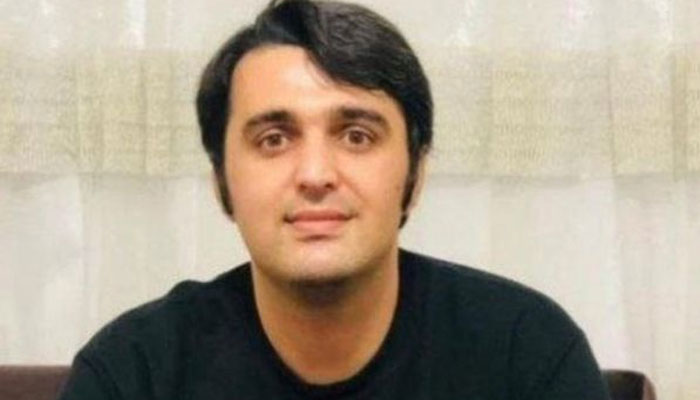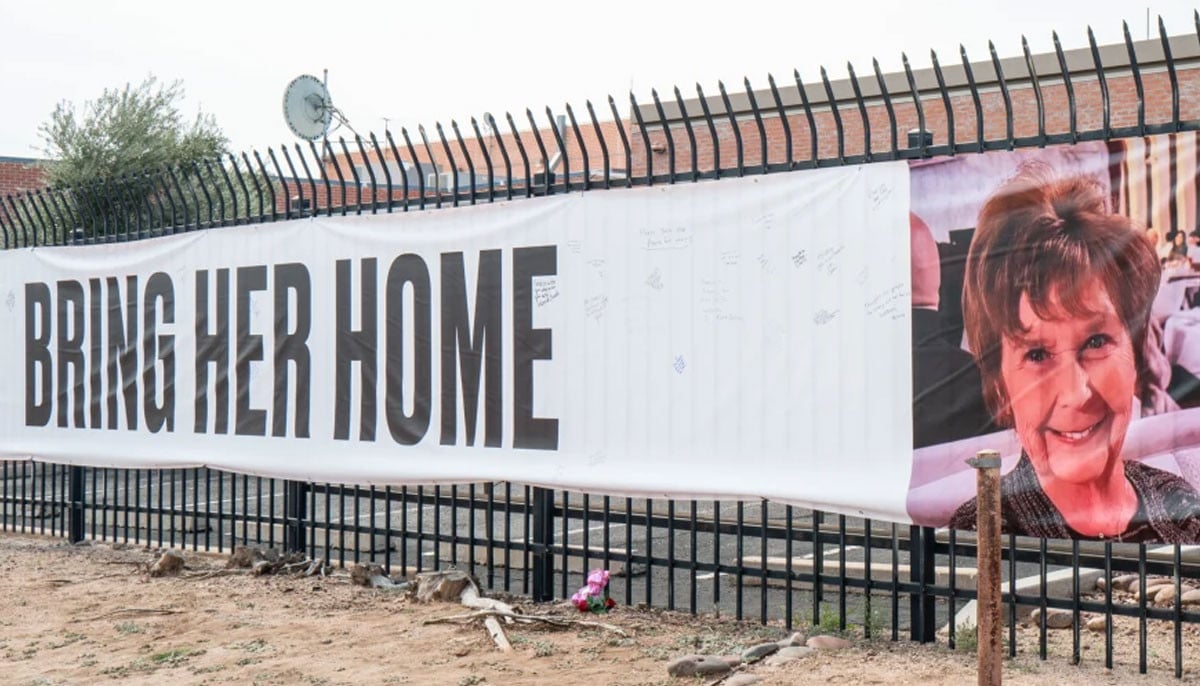Iranian protester dies in jail after court overturned death sentence
Iran's morality police arrested Javad Rouhi for leading demonstrations following Mahsa Amini's death
After his death sentence for taking part in anti-government protests was overturned by Iran's supreme court, an Iranian man who was imprisoned last year passed away in custody on Thursday, the BBC reported.
Javad Rouhi, 35, who was arrested last year during protests over Mahsa Amini's death in custody for allegedly wearing "improper" hijab, died from ineffective hospital treatment after a seizure in prison, and activists are holding authorities responsible for his death.
"Unfortunately, [Rouhi] died despite the actions of medical staff, and a legal case has been filed to follow up on the reason for his death," the Iranian judiciary's news website, Mizan, reported.
However, a number of human rights advocates revealed Rouhi's death on social media an hour before the official announcement on Thursday and accused the judiciary and security forces of "killing" him.
Iran's morality police arrested Rouhi for leading demonstrations following the death of Mahsa Amin and was found guilty of leading rioters, destroying property, and apostasy for allegedly burning a Holy Quran during a demonstration.
Activists are sharing video clips from last year showing Rouhi dancing during protests.
According to Amnesty International, he was subjected to floggings, freezing temperatures, electric shocks and had a gun held to his head to force him into confessing.
Rouhi, a prominent Iranian activist, was sentenced to triple death for blasphemy, property destruction, and inciting national security in Nowshahr. However, his sentence was overturned in May, allowing for a re-evaluation of his case.
Following a review of the case files by the court, it was discovered that Rouhi had taken part in the demonstrations on his own and that his actions did not fall under the legal definitions of "moharebeh" (waging war against God) or "corruption on earth," crimes that are punishable by death in Islamic law.
-
key details from Germany's multimillion-euro heist revealed
-
Search for Savannah Guthrie’s abducted mom enters unthinkable phase
-
Barack Obama addresses UFO mystery: Aliens are ‘real’ but debunks Area 51 conspiracy theories
-
Rosie O’Donnell secretly returned to US to test safety
-
'Harry Potter' star Rupert Grint shares where he stands politically
-
Drama outside Nancy Guthrie's home unfolds described as 'circus'
-
Marco Rubio sends message of unity to Europe
-
Hilarie Burton reveals Valentine's Day plans with Jeffrey Dean Morgan












